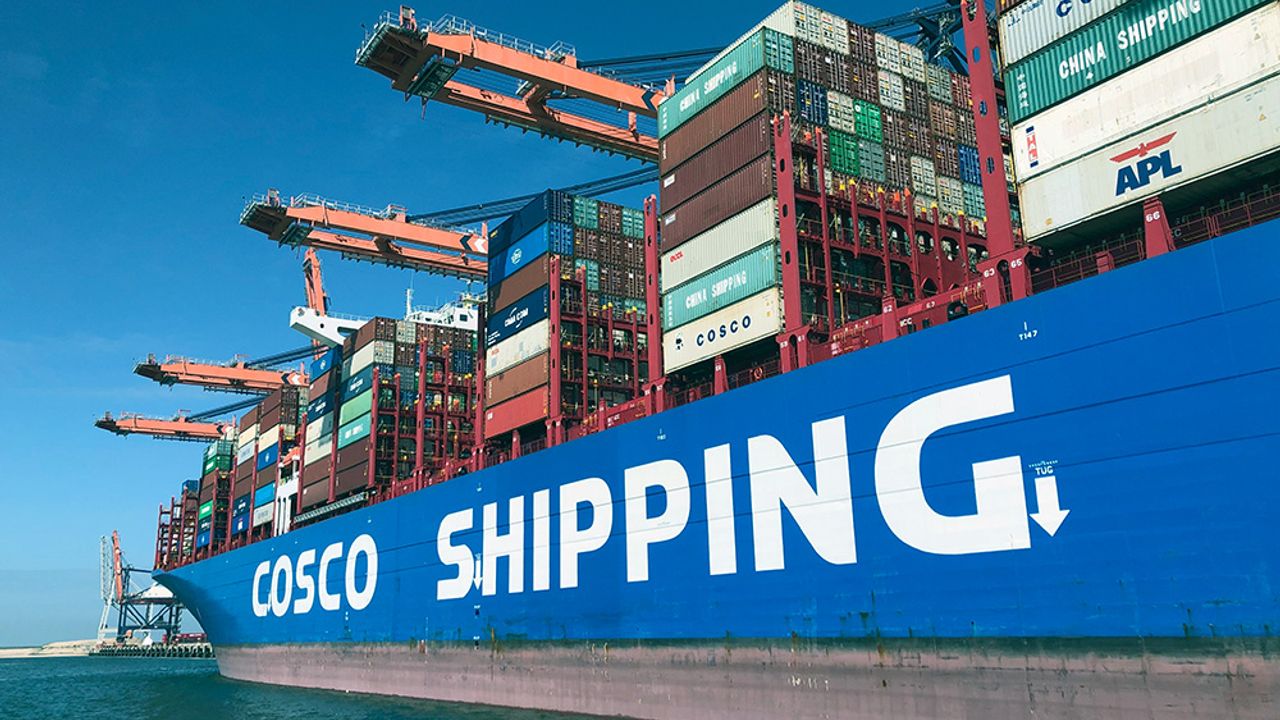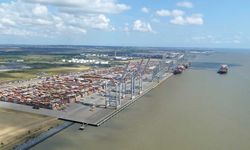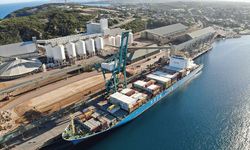This decision is particularly notable given COSCO's Chinese origin, and it comes amidst the low likelihood of Houthi attacks on Chinese vessels.
The effects of COSCO's choice extend beyond potential impacts on trade between the Far East and Israel. The shipping giant collaborates with Israeli shipping line ZIM, which may now need to increase its fleet on Far East routes, potentially leading to rampant shipping costs due to a shortage of COSCO ships.
In Haifa Bayport, managed by the state-owned Chinese company SIPG, there is anticipated also a significant result. This port heavily relies on the frequent visits of COSCO ships. The Houthis' threats to target vessels sailing to Israel have stirred concerns, even though China is a major consumer, accounting for 90% of Iran's oil exports.
The perceived low risk of Houthi attacks on state-owned Chinese companies prompts questions about the rationale behind COSCO's decision, as the international shipping community remains uninformed.
A hint at COSCO's course of action surfaced with a recent announcement from its Hong Kong-based subsidiary OOCL, declaring a cessation of voyages to Israel due to "operational problems." This move, aimed at securing uninterrupted navigation in the Red Sea amidst Houthi threats, faced widespread criticism.
Ultimately, COSCO's subsidiary OOCL succumbed to the pressure, mirroring the path taken by Singapore-based shipping line ONE. The maritime industry now awaits further clarification from COSCO regarding the underlying reasons for this pivotal decision, to forecast later developments.






